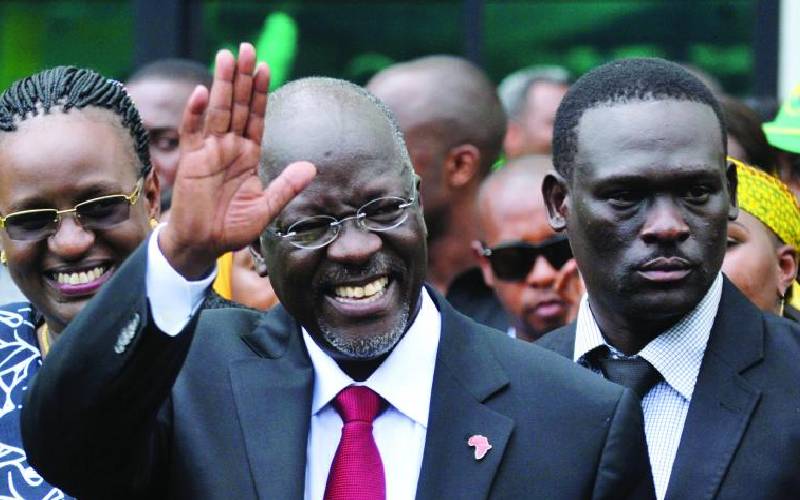×
The Standard e-Paper
Join Thousands Daily

The controversial decision by the late Tanzanian President John Magufuli (pictured) to keep his country open despite the ravages of the Covid-19 pandemic might have benefited Kenya, after all.